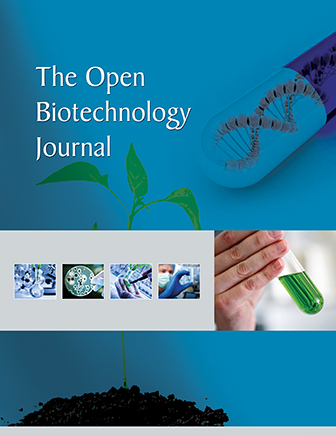All published articles of this journal are available on ScienceDirect.
Application of CRISPR/Cas9 Genome Editing System in Cereal Crops
Abstract
Recent developments in targeted genome editing accelerated genetic research and opened new potentials to improve the crops for better yields and quality. Genome editing techniques like Zinc Finger Nucleases (ZFN) and Transcription Activator-Like Effector Nucleases (TALENs) have been accustomed to target any gene of interest. However, these systems have some drawbacks as they are very expensive and time consuming with labor-intensive protein construction protocol. A new era of genome editing technology has a user-friendly tool which is termed as Clustered Regularly Interspaced Short Palindromic Repeats (CRISPR)-CRISPR associated protein9 (Cas9), is an RNA based genome editing system involving a simple and cost-effective design of constructs. CRISPR/Cas9 system has been successfully applied in diverse crops for various genome editing approaches. In this review, we highlight the application of the CRISPR/Cas9 system in cereal crops including rice, wheat, maize, and sorghum to improve these crops for better yield and quality. Since cereal crops supply a major source of food to world populations, their improvement using recent genome editing tools like CRISPR/Cas9 is timely and crucial. The genome editing of cereal crops using the CRISPR/Cas9 system would help to overcome the adverse effects of agriculture and may aid in conserving food security in developing countries.


